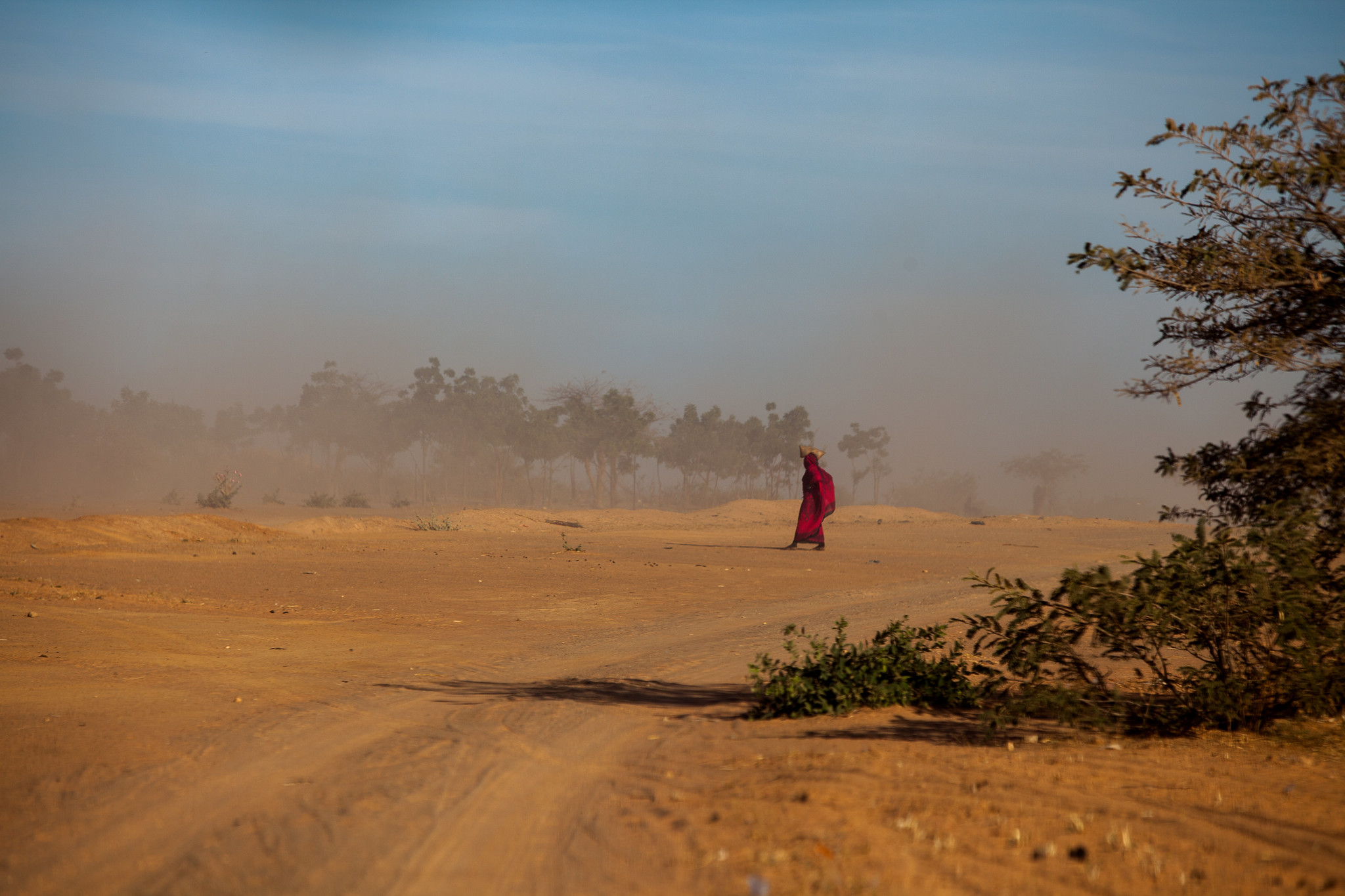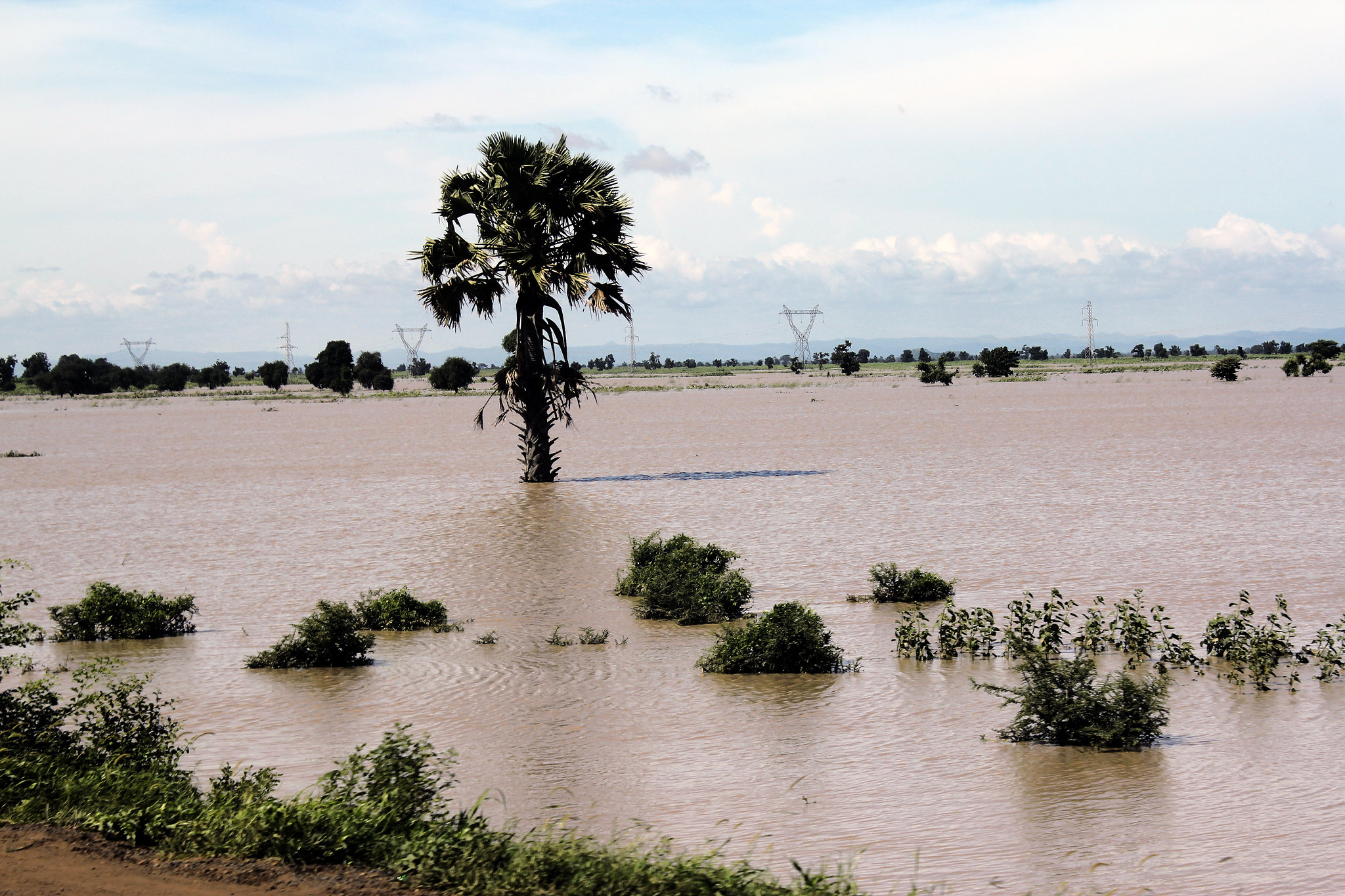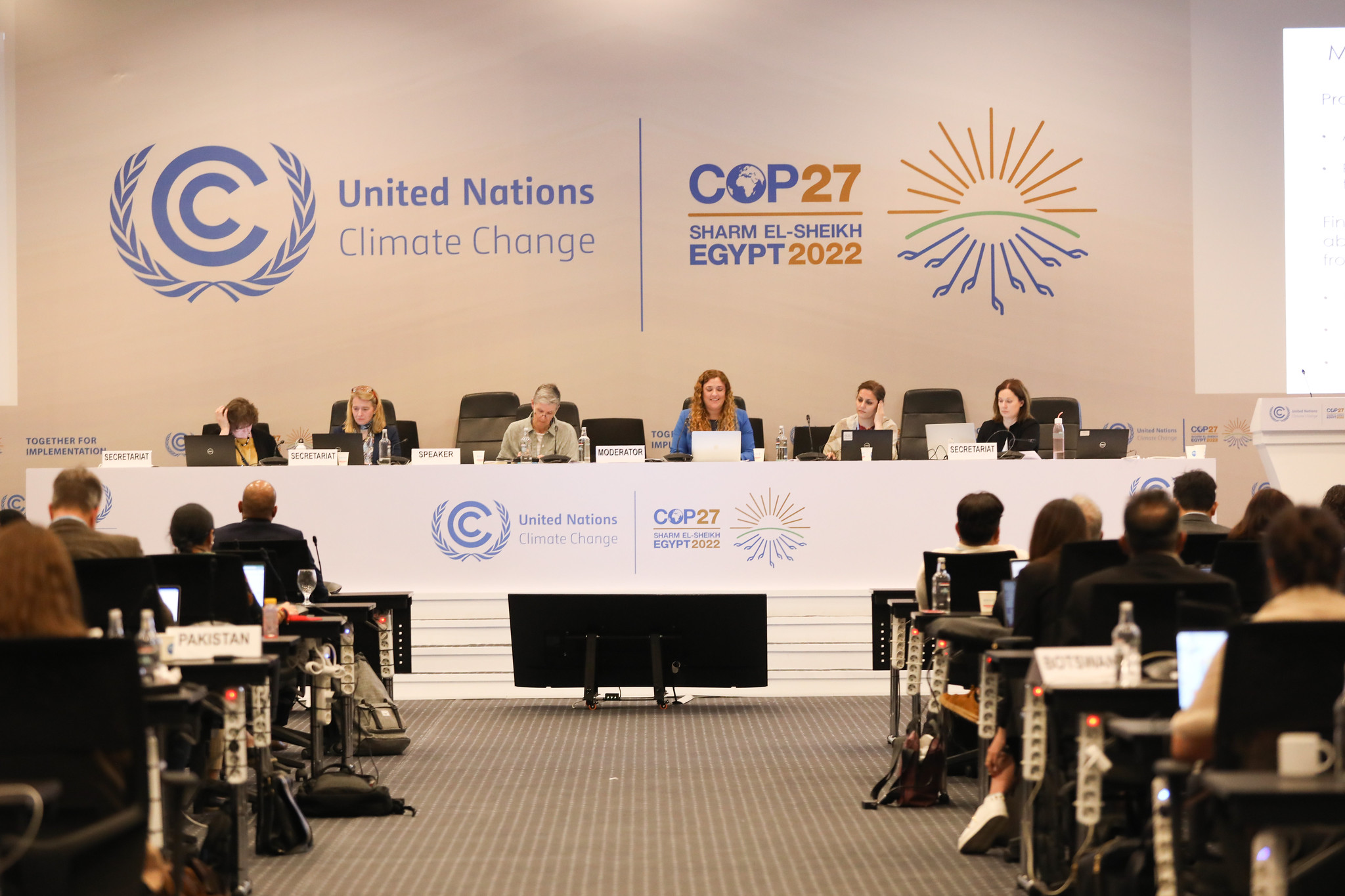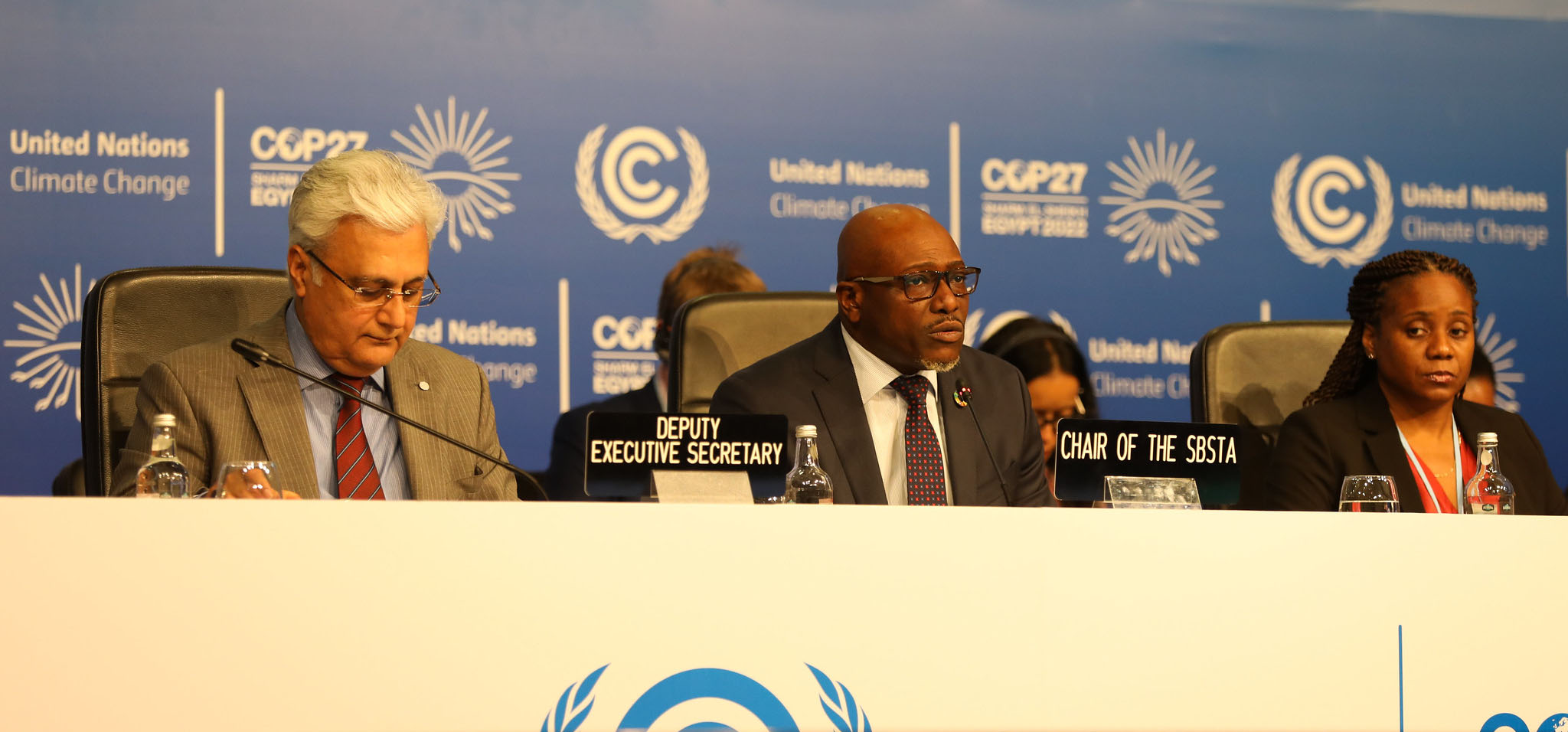There is an increased understanding about the medium and long-term effects of climate change in Africa. But this information has not yet filtered down to local decision makers. Without it, they can’t make informed decisions about their futures writes Jessica Omukuti and Phoebe Ganola
Climate change risks are an intergenerational issue
The IPCC’s sixth assessment report highlighted the increasing risks of climate change. Africa is at the forefront of these risks. Today, the Horn of Africa is experiencing the worst drought in a decade and a half. The current drought is due to failed rains for the past several years.
If governments communities and households had information on the nature and intensity of these droughts 15 years ago, it would have made a huge difference to their adaptability and resilience in the face of the current crisis. But information on how the climate will behave in the medium to long term is mostly generated for consumption by non-local decision makers.
There is a recognition that climate information will be needed to enable people to respond address to the climate risks they face in the short, medium- and long term
Despite this recognition, there is a gap in the provision of medium- to long-term (MLT) climate information to people facing the worst of the effects. This is information on how the climate will behave in a year, five years, 20 years and longer into the future. Instead, most efforts on the provision of climate information for local decision makers focus on the short term.
There is growing expertise on the continent in the downscaling of climate projections. This involves transforming global projections of climate change to provide local level information. Universities and national meteorological services in some parts of Africa have received significant financial and technical support to develop these downscaling capacities. While these capacities are currently being used to support research and long-term national planning, they can be further used to support the expansion of provision climate projections to local decision makers.
Acting on information
Long term planning is inherent in how local groups make decisions, and this information can massively shift how they engage in livelihoods and economic planning. This information will be vital in making decisions on which types of crops to grow or propagate and where to grow them. Such decisions depend on projections about rainfall and temperature patterns and the anticipated effects on soils through erosion, nutrient depletion etc.
Such information will also help individuals make informed decisions about; whether or not to migrate to a different location, and how to allocate investments in the medium and long term.
In Kitui, Kenya young people are concerned about how their livelihoods will be affected in future. Older generations are concerned with what they can do to protect current resources for not just themselves but also the young and future generations. While the older generation are is more interested in medium-term climate information, young people are likely to find medium and long-term climate information useful for their decision making.
Climate projections are not easy
Generating medium to long-term climate change projections requires deep expertise as well as large amounts of accurate data. Both are not uniformly available across Africa, with places that are particularly experiencing, or projected to experience extreme risks being the most disadvantaged. For example, while the Horn of Africa and West Africa have made progress in using regional climate outlook forums and regional collaborations to engage different groups in the generation and use of climate information, central African countries are comparatively behind in this process.
Integration into existing climate information services
Beyond the technical downscaling of this information, what is required is the integration of these projections into decision making, particularly for local decision makers. This should not be a standalone or parallel initiative to other ongoing activities but should be integrated with existing initiatives. This approach will comprehensively meet the short-, medium- and long-term needs of both local and non-local decision makers. Many initiatives are targeted towards the provision of seasonal climate information for local decision makers. Leveraging these can be a useful tool for ensuring cost effectiveness and efficient spread of longer-term information.
It is also important to ensure that this information is relevant and usable to different groups of users, and therefore requires the involvement of other social scientists who broker this information between the producers and users of climate information.
This will involve leadership by both regional and national meteorological services, as well as national and local governments, and civil society to ensure that this information reaches those who need it the most.
Patience is important. The information landscape across Africa is very fragmented and needs time to be brought together.
This work was funded by a fellowship from the African Institute for Mathematical Sciences, with financial support from the Government of Canada, provided through Global Affairs Canada, and the International Development Research Centre.
Photo credit: Phoebe Ganola





